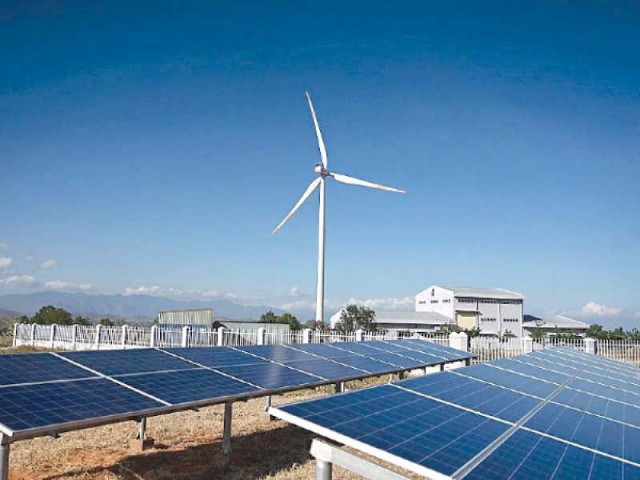‘Pakistan’s energy sector can save over $8b in 10 years’
Study reveals inadequate policies have resulted in underutilisation of generation capacity

An independent study conducted by the Policy Research Institute for Equitable Development (PRIED) and Renewables First, both Islamabad-based research institutions, has shed light on the potential for substantial cost savings in Pakistan’s energy sector.
The study indicates that by implementing enhanced power production strategies, the country can save more than $8 billion over the next decade. It also uncovers the negative consequences of ineffective planning, which has led to the establishment of expensive and inefficient power plants, burdening consumers with high electricity costs and exacerbating the circular debt crisis.
PRIED, Head, Muhammad Badar Alam highlighted the flaws in the government-prepared Indicative Generation Capacity Expansion Plan (IGCEP) 2022-31. He stressed that to serve its purpose, IGCEP must be accompanied by a comprehensive plan for the expansion of the electricity transmission and dispatch system. The lack of such expansion has hindered Pakistan’s ability to fully utilise its acquired electricity generation capacity, contributing to frequent power breakdowns across the country, he said.
Ammar Qaseem, a researcher at Renewables First, pointed out discrepancies between the study’s findings and IGCEP’s projections. While IGCEP forecasts that wind and solar power would constitute only 30% of Pakistan’s energy mix by 2031, the independent study projects this share to be as high as 47% by the same year. Naila Saleh from Agora Energiewende, a German research organisation, explained that increasing the incorporation of variable renewable energy could lead to a reduction of over 10% in variable electricity costs and a 50% decrease in emissions by 2030.
Sustainable Development Policy Institute’s Ubaidur Rehman proposed a long-term vision for the energy sector, suggesting that the government should aim to decarbonise the entire economy by 2050. This ambitious goal would not only align with the United Nations’ Sustainable Development Goal 7 targets but also unlock Pakistan’s full potential for emission reduction.
Umer Farooq from LUMS Energy Institute delved into a critical analysis of supply and demand in the energy sector. The study highlights the nexus between the incorporation of renewable energy and the challenges it poses.
Published in The Express Tribune, July 26th, 2023.
Like Business on Facebook, follow @TribuneBiz on Twitter to stay informed and join in the conversation.



















COMMENTS
Comments are moderated and generally will be posted if they are on-topic and not abusive.
For more information, please see our Comments FAQ